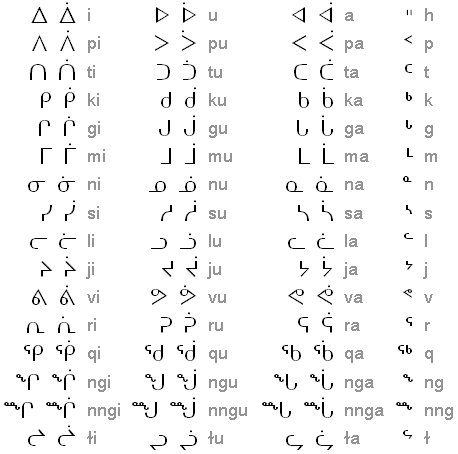“Allurvik” means “place to take your next step” in the language of Inuktitut. It’s also the name of the first online language tutoring service for those looking to learn the Inuit language in Canada, or wherever they are logging in.
During the tyranny of residential schooling of Indigenous children in Canada, many were forbidden from using their native languages, severing one of the most critical connections between people and their culture.
This impacted the Inuit, of whom there are hundreds of thousands living across Canada, Greenland, and Alaska. Around 65,000 Inuit live in Canada, most in Nunavut, and around 40,000 speak their native language.
Miali Coley-Sudlovenick is a ten-year tutor of Inuktitut, teaching out of Iqaluit, Nunavat. Her mother endured an upbringing in the federal schools, but still retained her knowledge of Inuktitut enough to share with her daughter, even though she was mocked and abused for using it. Together they vowed, according to CTV, to preserve their language and ensure it lasted throughout the centuries.
“Asking why this is important is just like asking why water is important. We need it, there’s an innate need inside us searching for a part of ourselves we can identify with. I want to give people their language, and allow them to grasp something they’ve been searching for,” Coley-Sudlovenick told CNN.
RELATED: The ‘Sioux Chef’ Brings Indigenous Food Back to the Forefront of American Diets
Allurvik also sells a variety of Inuit-made products and services, and runs a podcast which features both English and Inuktitut.
Going digital

While translation technologies can make one feel most languages are just saying the same things with different sounds, other programs, such as the Positive Lexicography Project, reveal quite the opposite—that some words simply aren’t translatable. Cultures are shaped by their natural environment, their history, their overcoming of challenges, all of which leave an indelible imprint on linguistic development.
Have you ever had that feeling of being repeatedly drawn to look out of the window towards the approach to your house in expectation that someone will soon be arriving? “Iktsuarpok” is that feeling summarized in a single word in Inuktitut.
“To be able to advocate for my community and be an activist for all Indigenous people, I need to be able to explain myself in a way that’s truly Inuit,” Tabisa Kilabuk told CNN.
MORE: Inspired to Save Their Arctic Home, This First Nation Installs 300KW Solar Station
A University of Calgary student majoring in international Indigenous studies, Kilabuk is also one of Coley-Sudlovenick’s students.
“Doing that in English isn’t enough. By connecting with our language, I’m offered a much stronger foundation than doing [it in] English. It inspires me to keep going in my work to restore and revitalize our language.”
February 21st was International Mother Language Day, when UNESCO leads the world in celebrating the great linguistic diversity of the world. The theme this year was how technology can save some languages from becoming extinct.
LOOK: This Cycling Group is Repairing Bikes for Free All Over the Navajo Nation
“Technology can provide new tools for protecting linguistic diversity,” said Audrey Azoulay, Director-General of UNESCO. “Such tools, for example, facilitating their spread and analysis, allow us to record and preserve languages which sometimes exist only in oral form. Put simply, they make local dialects a shared heritage.”
With access to the internet being so widespread, more and more of these language tutoring services could be made available, and the slow extinction of many regional dialects, and Indigenous languages can be halted.
(WATCH the CTV video for this story below.)
SHARE a LOVE of Language and Culture With Others; Share This Story…





















The Inuktitut written language was created by James Evans, a British Methodist missionary in Canada. He used a Brahmi script called Devanagari as the letters. He also invented the written languages for the Ojibwe and Cree tribes in the 1840s. James Evans was one of the heroes who brought literacy to the native tribes.